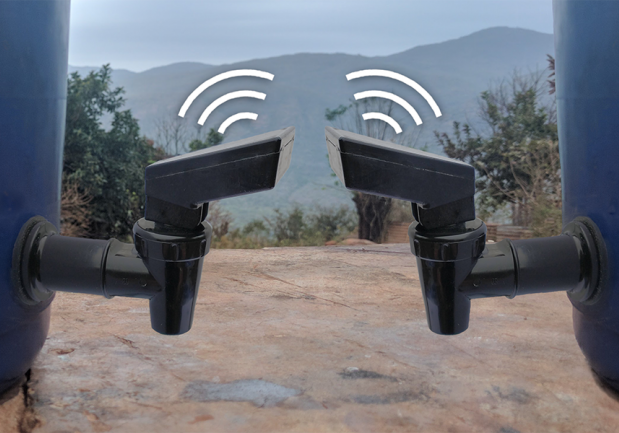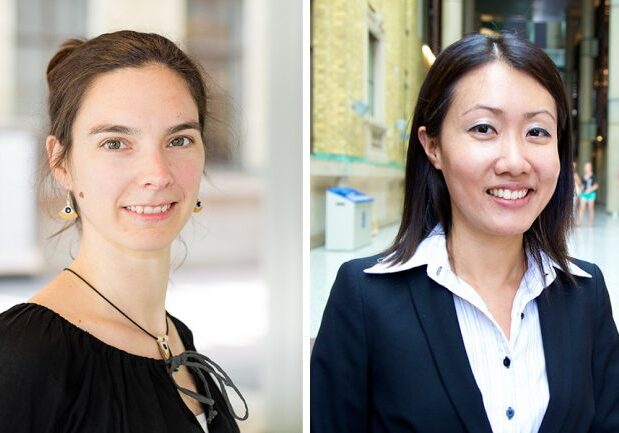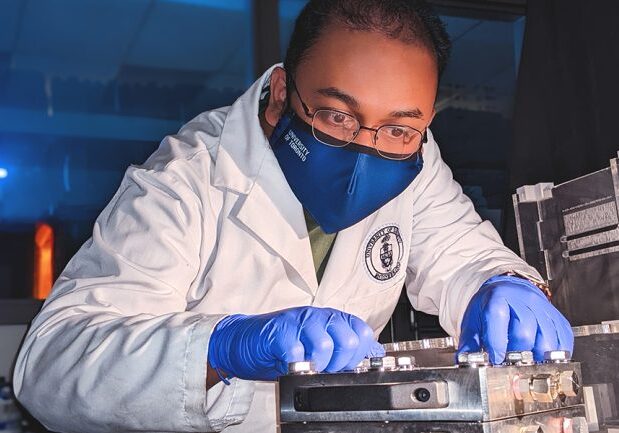
Safe water, low cost: Meet award-winning global engineering leader Nitish Sarker
Sarker (MIE PhD candidate) earned the Global Engineering Outstanding Student Award from the Mortenson Center in Global Engineering at the University of Colorado Boulder
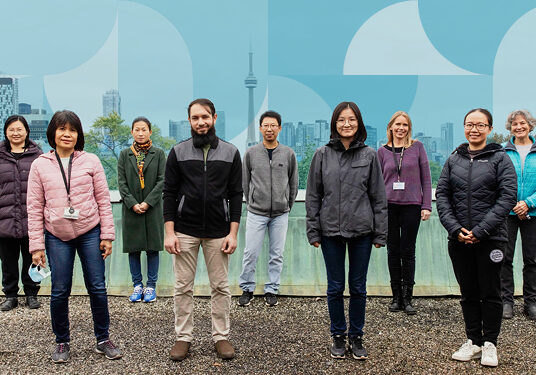
Tracking community transmission: Researchers advance COVID-19 variant detection in GTA wastewater
A collaboration between ChemE and U of T’s Department of Chemistry is strengthening viral signals and the early detection of variants of concern in wastewater
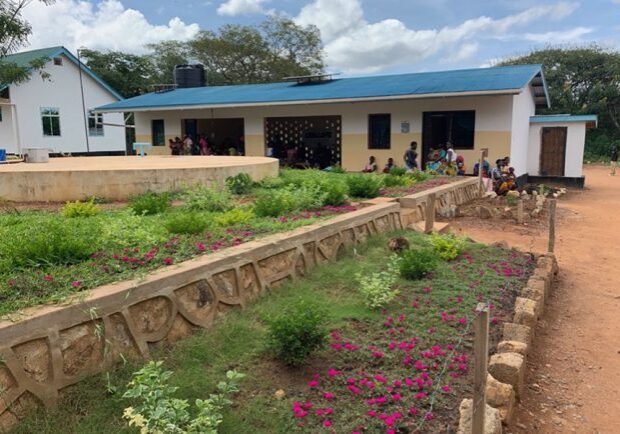
Solar-powered UV water treatment could improve health outcomes in rural Tanzania
PhD candidate Karlye Wong (CivMin) is assessing and optimizing off-grid systems for disinfecting drinking water before use
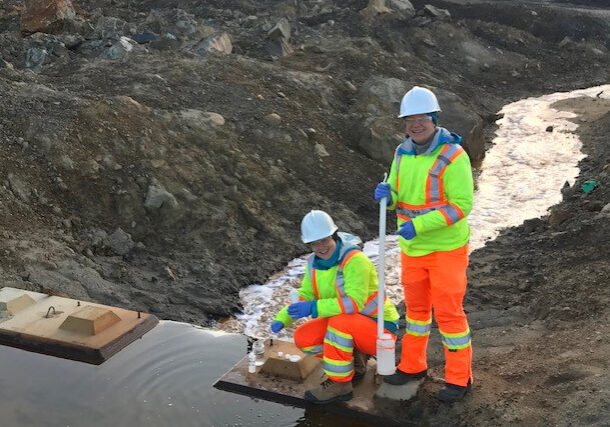
Academic-industry partnership leads to improved methods for managing sulfur compounds in mining sites
Hudbay receives regulatory approval for new monitoring technique co-developed with University of Toronto Engineering Professor Lesley Warren (CivMin)
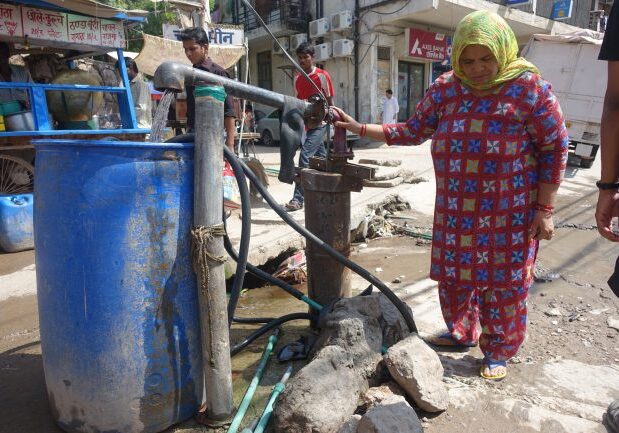
How data science could enhance water practices and equity in India
A Catalyst Grant from U of T’s Data Sciences Institute will help launch a new cross-disciplinary research project co-led by Professor David Meyer (CivMin, CGEN)
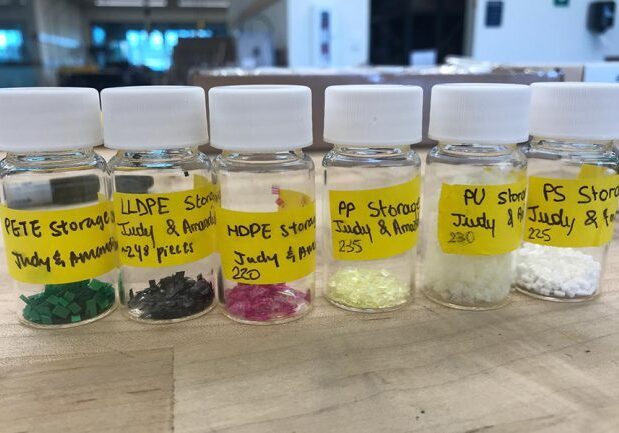
Q&A: Can green infrastructure keep microplastics out of the environment?
Professor Elodie Passeport (CivMin, ChemE) and her team study how urban green infrastructure such as bioretention cells can remove microplastics and other emerging contaminants from stormwater
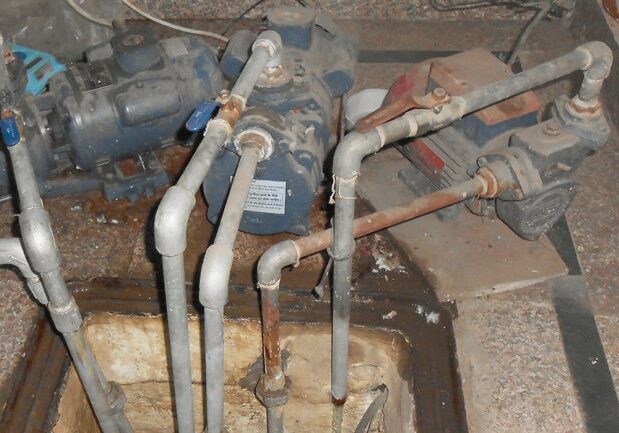
Consumer pumps not the worst of Delhi’s water woes
Household water pumps are a quirky feature of many urban water systems around the world. Utility operators hate them, and in many places they have been made illegal, yet their use remains widespread. A new study authored by Professor David Meyer (CivMin, ISTEP) looks at how these pumps affect water quality — and it contains some […]

